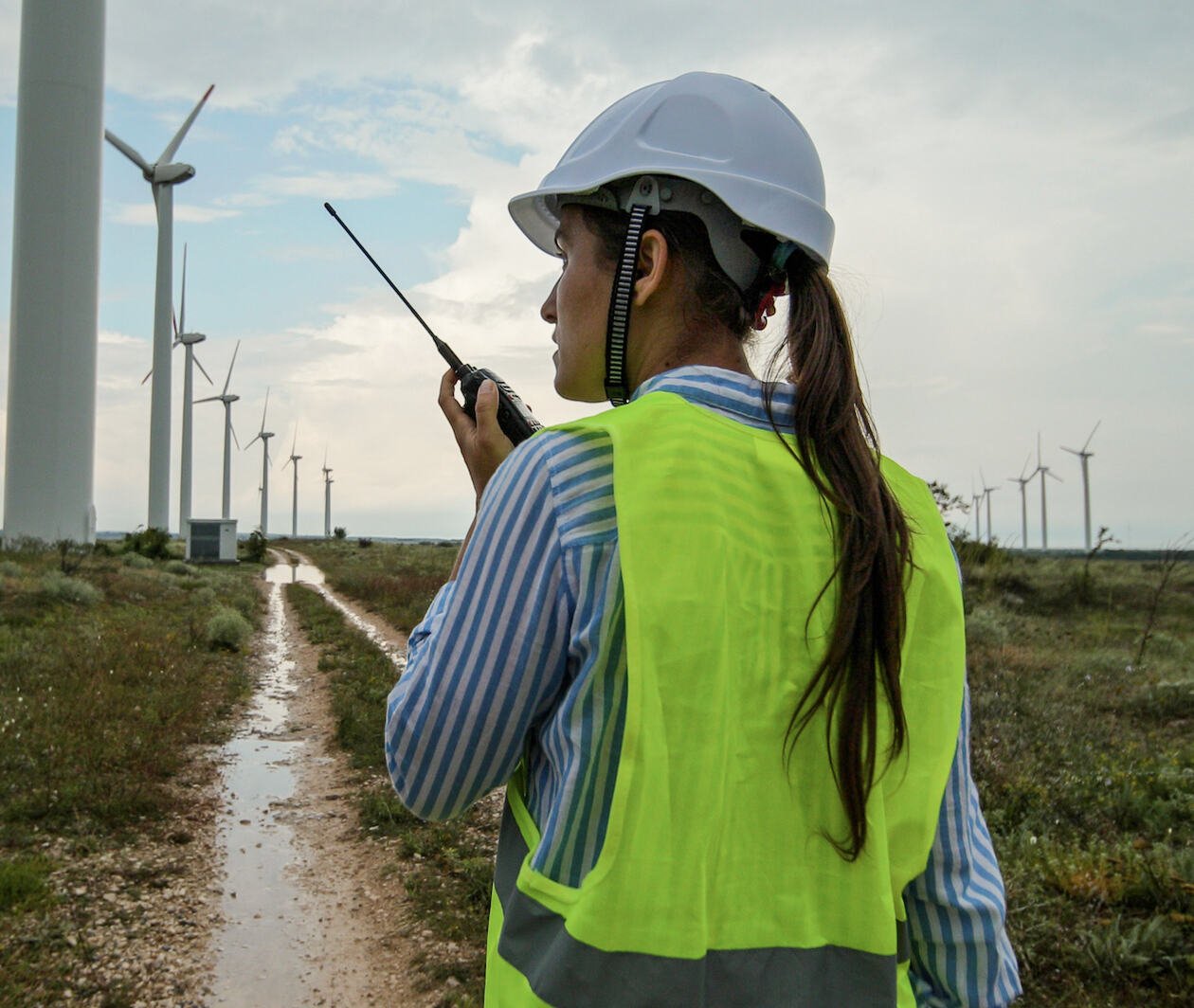
Duration
5 weeksWeekly study
3 hours
Reducing Carbon Footprints: Taking Action for a Sustainable Future
Other courses you might like
This course isn't running right now. We can email you when it starts again, or check out these other courses you might like.
Browse more in Nature & Environment
Discover how you can take action and work towards a sustainable future
It’s widely understood that we are in a state of climate emergency, with human intervention largely responsible.
On this five-week course, you’ll be introduced to key concepts in climate literacy, covering carbon footprints, carbon neutrality, greenhouse gas emissions, and how they contribute to the current climate emergency.
You’ll examine local and international commitments and develop strategies to take proactive climate action. You’ll learn to communicate climate change issues to various audiences, raise awareness, and reduce individual and collective carbon footprints.
Map greenhouse gas emissions and make a case for climate justice
By discovering who produces the most greenhouse gases and who suffers most from the effects, you’ll develop an argument for climate justice, justified by up-to-date facts and figures.
You’ll explore UK government initiatives including the Climate Change Act and the Net Zero target, and identify sectors where action is most needed.
Examine carbon reduction in different sectors
From food and clothing, to housing and energy, different sectors have roles and responsibilities to reduce our collective carbon footprint.
You’ll delve into each sector, identifying how they contribute to climate change and discussing how industries can take action.
Learn how you can promote environmental sustainability
Effective communication skills are vital in promoting climate literacy and action.
You’ll learn practical techniques for educating and engaging different audiences in the fight against climate change.
You’ll finish this course understanding our social responsibility towards reducing carbon emissions and how we, on a local, regional, national, and international level, can each take action towards carbon neutrality.
What topics will you cover?
Week 1: Key concepts and international commitments Carbon footprints in production and consumption, greenhouse gas emissions, climate emergency, carbon neutrality. Is Net Zero enough?
Week 2: From international commitments to local actions Initiatives in the UK compared to other parts of the world. Limitations. Alternative approaches. Trade offs of taking action
Week 3: Taking action to reduce carbon footprints: Energy, transport, food, clothes, buildings
Week 4: Communicating climate change and the role of Higher Education
Week 5: Pledging to reduce your carbon footprints individually and collectively
When would you like to start?
Date to be announced
Add to Wishlist to be emailed when new dates are announced
Learning on this course
On every step of the course you can meet other learners, share your ideas and join in with active discussions in the comments.
What will you achieve?
By the end of the course, you‘ll be able to...
- Demonstrate understanding of concepts such as carbon footprint, carbon neutrality, greenhouse gas emission and climate emergency
- Engage critically in debates about the urgency of taking action, the dichotomy between international commitments and local actions, and the limitations of the current approaches to action
- Identify the steps that as a society we need to take to reduce our carbon footprints and reach carbon neutrality, with their implications at local, regional, national and international levels
- Explain the acquired knowledge of climate change to different audiences, including the measures that can be taken to address the problem, in a manner that is convincing and encourages to take action
- Develop action plans to reduce carbon footprints in different spheres of life (private or professional) and for a variety of activities, both as an individual and as part of a collective
Who is the course for?
This course is designed for anyone interested in further their understanding of climate change and how to work towards a sustainable future.
It is particularly useful for those wishing to take an active role in promoting sustainability in communities and work spaces.
Who will you learn with?
I'm Associate Professor in Global Sustainable Development at the University of Warwick. Economist by training, my research interests are linked to sustainability (energy, food, CSR, education) and EU.
Learning on FutureLearn
Your learning, your rules
- Courses are split into weeks, activities, and steps to help you keep track of your learning
- Learn through a mix of bite-sized videos, long- and short-form articles, audio, and practical activities
- Stay motivated by using the Progress page to keep track of your step completion and assessment scores
Join a global classroom
- Experience the power of social learning, and get inspired by an international network of learners
- Share ideas with your peers and course educators on every step of the course
- Join the conversation by reading, @ing, liking, bookmarking, and replying to comments from others
Map your progress
- As you work through the course, use notifications and the Progress page to guide your learning
- Whenever you’re ready, mark each step as complete, you’re in control
- Complete 90% of course steps and all of the assessments to earn your certificate
Want to know more about learning on FutureLearn? Using FutureLearn
